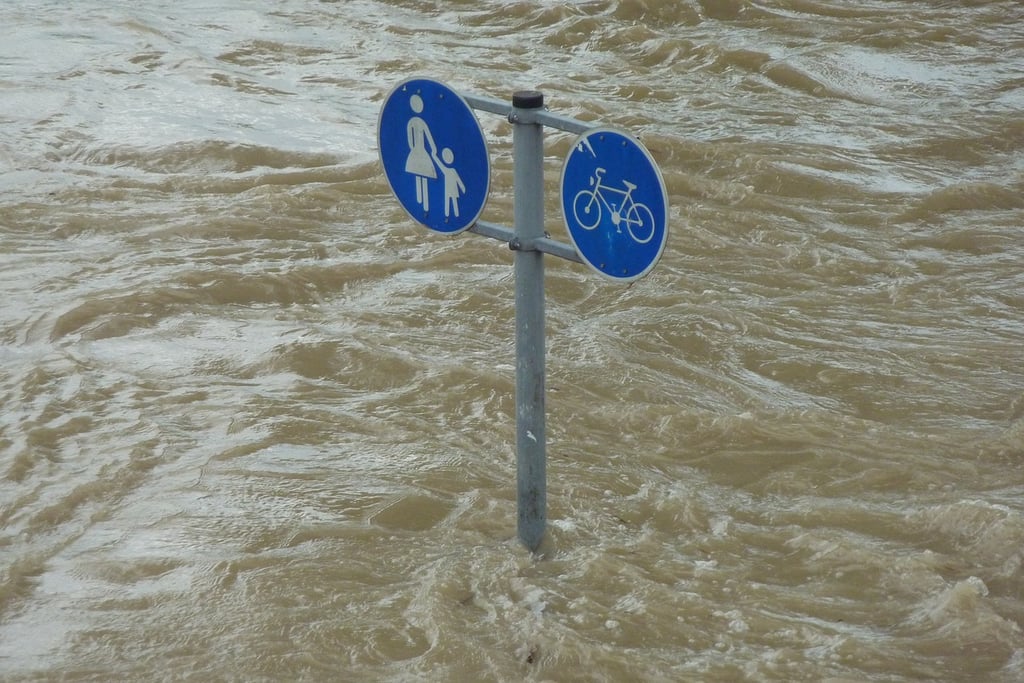Exploring the Evolution of Climate Anxiety
The phrase "climate anxiety" has recently gained traction in discussions regarding the psychological impact of climate change.
The phrase "climate anxiety" has recently gained traction in discussions regarding the psychological impact of climate change. It's like a storm rising on the horizon, with voices both questioning and supporting its validity. Let's look more closely at the origins of climate concern and the fascinating connections between conspiracy theories and environmental activism.
Riding the Emotional Waves: The Development of Climate Anxiety
Imagine a future in which discussions about climate change extend beyond issues like melting ice caps and increasing sea levels. The phrase "climate anxiety" was developed to describe the emotional turmoil that many people feel in reaction to the impending dangers of environmental change. Academics and professionals in the field of mental health are recognizing the psychological impact that environmental issues are having on people, providing a label for the uneasiness that some of us experience.
But wait, it's important to remember that credible psychiatric guides don't prominently include climate anxiety as a stand-alone diagnosis. Rather, it's more of a theory—a prism through which specialists examine how individuals respond to perceived and actual threats associated with climate change.
Conspiracy Theories: A Coping Mechanism?
Here's when things become interesting. Some conspiracy theorists experience climate anxiety. In fact, they may be employing complex theories as a psychological coping mechanism. It's like a mental safety blanket, providing a false sense of confidence to alleviate the discomfort of facing the gravity of climate change. Denying truth may provide a brief respite from the impending environmental disaster.
Advocates in the Storm: When Passion and Anxiety Collide
Climate activists, on the other hand, who work tirelessly to address environmental challenges, are not immune to anxiety. Their desire for change coexists with feelings of urgency and future-oriented concern. It's an emotional rollercoaster where the desire to take action for the environment collides with the undeniable weight of the obstacles ahead.
Not every climate supporter has anxiety, but as the discourse grows, it becomes evident that we must address the emotional component of environmental action. After all, addressing the emotional impact is just as important as dispelling myths about climate change.
Navigating the Complex Landscape.
So, we're caught in the crossfire of mental health, climate change, and public perception. It's a difficult dance, and as discussions about climate anxiety gain traction, we must approach the issue with tact. It is about recognizing the wide range of human experiences and perspectives that make up the tapestry of our collective response to climate change.
Understanding climate anxiety requires a delicate balance of acknowledging the emotional impact and dispelling myths. The evolving discourse emphasizes the value of open communication, ongoing research, and support systems for those navigating the complex landscape of climate-related emotions.
In the end, it is more than just weathering the storm of climate change; it is also about managing the emotional currents that come along with it. After all, in this voyage, the winds of change blow through our minds just as much as they do through the environment around us.


Share this story:
Share this story
